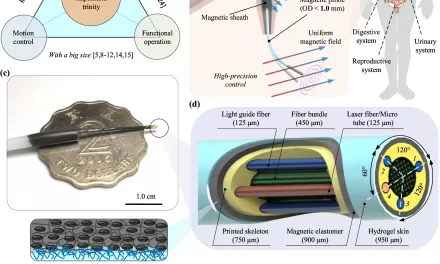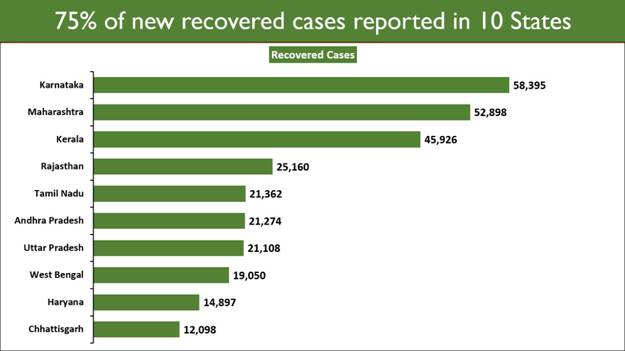A groundbreaking study from the Champalimaud Foundation, published in Science, uncovers a novel function of the immune system in regulating blood sugar levels, particularly during periods of low energy such as fasting or intense physical activity. The research highlights a previously unknown interaction between the nervous, immune, and hormonal systems, with immune cells acting as the “postman” in a crucial process for glucose regulation.
Immune System Beyond Defense
For decades, the immune system has been understood primarily in the context of defending the body from infections. However, this new research challenges that conventional view, suggesting the immune system plays a broader role in maintaining bodily functions. Henrique Veiga-Fernandes, head of the Immunophysiology Lab at the Champalimaud Foundation, explains, “We’re starting to realize the immune system does a lot more than just fight infections.”
The study specifically explores the immune system’s influence on blood sugar regulation, a vital process for maintaining energy balance, particularly during fasting or exercise when energy reserves are low. Traditionally, blood sugar regulation has been attributed to insulin and glucagon—hormones produced by the pancreas—but Veiga-Fernandes and his team suspected there might be more to the story.
A New Discovery: Immune Cells Regulate Glucose Levels
Through experiments in genetically engineered mice, the researchers found that a particular type of immune cell, ILC2, plays a critical role in stabilizing glucose levels. Mice deficient in ILC2 cells struggled to produce enough glucagon, a hormone that raises blood sugar levels, leading to dangerously low glucose levels.
When ILC2 cells were transplanted into these deficient mice, their blood sugar levels returned to normal, confirming the essential role of these immune cells in glucose homeostasis during periods of low energy.
The Journey of Immune Cells
The researchers’ investigation into the mechanics of this process took an unexpected turn. Initially, they believed that blood sugar regulation via glucagon occurred primarily in the liver, where the hormone exerts its effects. However, data from their experiments revealed that crucial interactions were taking place between the intestine and pancreas. By tagging ILC2 cells in the gut, the team observed these immune cells migrating to the pancreas, where they stimulated glucagon production through the release of cytokines.
This discovery showed that immune cells, not only fighting infections, also act as emergency responders, moving between organs to help maintain blood sugar balance in times of need. The movement of these immune cells is regulated by the nervous system, with chemical signals from neurons in the gut directing immune cells to migrate to the pancreas during fasting or exercise.
Implications for Health and Disease
These findings have profound implications for managing metabolic health. “By understanding the role of ILC2s and their regulation by the nervous system, we can better appreciate how daily activities like fasting and exercise support metabolic health,” says Veiga-Fernandes.
The implications extend beyond metabolic disorders like diabetes and obesity. The study’s insights could also aid cancer research. In diseases like pancreatic neuroendocrine tumors and liver cancer, abnormal glucose regulation fueled by glucagon can contribute to cancer-related cachexia, a condition marked by severe weight loss and muscle depletion. By targeting the neuro-immune pathways involved in glucose regulation, the researchers hope to develop more effective treatments for both metabolic and cancer-related disorders.
A New Frontier in Medical Research
This study marks a significant breakthrough in our understanding of how the nervous, immune, and hormonal systems collaborate to regulate essential processes like glucose production during times of low energy. As Veiga-Fernandes notes, “This study reveals a level of communication between body systems that we’re only beginning to grasp.”
The research opens up exciting possibilities for the prevention and treatment of a variety of conditions, from obesity and diabetes to cancer and chronic inflammation. By continuing to explore these neuro-immune interactions, scientists hope to improve therapies for metabolic disorders and enhance overall health.
For more information on the study, visit Science Journal.
Source: Šestan, M., et al. (2025). Neuronal-ILC2 interactions regulate pancreatic glucagon and glucose homeostasis. Science, DOI: 10.1126/science.adi3624.












